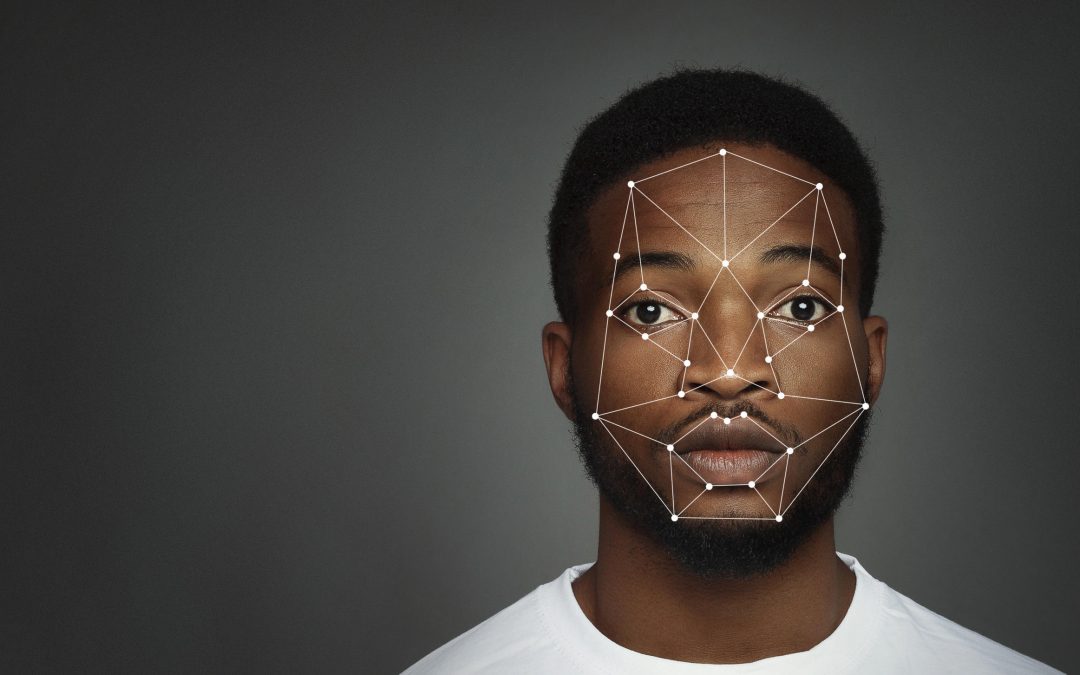Tech heavyweight champions (Amazon, Microsoft, and IBM) have long been investing facial-recognition systems.
The development and commercialization of these technologies alarm us, however, especially when they are sold to police forces that abuse them.
We may already be familiar with Facial Recognition technology as it is installed on our phones, and we use them to unlock our devices or tag friends in social media posts.
However, Facial recognition can be grossly misused.
Wrongful arrests due to faulty facial recognition is a concern, and studies show that facial recognition is prone to error when identifying people of African-American descent.
Even the American Civil Liberties Union (ACLU) criticizes their “legal use”, pushing lawmakers to seek bans on police forces using the tech irresponsibly.
Let’s see what the tech giants have to say with regards to keeping facial recognition services away from the police force…
Amazon Bans Police Force Facial-Recognition Tech for a Year
On Wednesday 4th, Amazon CEO Jeff Bezos officially announced the ban on police from using its facial-recognition technology (at least for a year), giving Congress “enough time to implement appropriate rules.”
This incident was not a first for Amazon.
Back in 2018, activists and Amazon employees pressured Bezos to avoid doing business with police departments. They stood firm, by saying:
“Our quality of life would be much worse today if we outlawed new technology because some people could choose to abuse the technology.
Imagine if customers couldn’t buy a computer because it was possible to use that computer for illegal purposes?”
Yet to this date, in the same week of Black Lives Matter protest movements, Amazon had kept selling “Rekognition” tech to law agencies.
The sudden change in Amazon’s stance proves the massive power protests around the world have had into every aspect of our society.
Having said this: did the other tech competitors do something about it?
The Microsoft Controversies: Deals with the Military and DEA
Now It’s Microsoft’s turn to be under the magnifying glass.
Microsoft has been providing a lot of support to the Afro-American community in the past few weeks… But something still remains in doubt.
No-one seems to know if they’re selling facial-recognition tech to police agencies, or not.
“We will not sell facial-recognition technology to police departments in the United States until we have a national law in place, grounded in human rights, that will govern this technology.” – Brad Smith, Microsoft President.
But… Is this true?
The company is backed up by California legislation that allows police officers the use of this technology, with few restrictions.
They are also struggling to balance their relationship with the Defense Department against employees’ ethical stances.
Smith also made it clear that Microsoft will continue to work with the military. At the same time, however, they’re looking for measures to keep facial-recognition use responsible.
What measures are they talking about?
The company plans to implement “Review factors that go even beyond what we have” to determine the use of the technology beyond law enforcement.
“The bottom line for us is to protect the human rights of people as this technology is deployed,”
Forbes reported how Microsoft tried to sell the tech in “negotiations” with the DEA, even as it called for regulations on government use.
Summary: Microsoft was considered the leading provider of facial recognition technology. Until regulations came around, and they seemed to stop offering such tools…
The American Civil Liberties Union sued Microsoft to obtain important emails about their deal with the DEA. The lawsuit happened between September 2017 and December 2018 and showed proof of meetings with federal agents at the Redmond, WA headquarters.
Negotiations were unsuccessful. Both Microsoft and DEA did not respond to requests for comments.
IBM seems to be confirming the end of its facial recognition program altogether.
IBM Announcements Against Surveillance
On June 9, IBM announced to the members of the United States Congress its departure from the development of facial recognition technologies.
The reason? IBM CEO Arvind Krishna explains the dangerous “potential” it offers for human rights violations and racial discrimination. You can read about it here.
Putting pressure on companies (like Amazon or Microsoft), IBM tells them to scale down and rethink their plans. Timnit Gebru, one of the leaders of Google’s artificial intelligence team, also seems to be aware of the evolving issues this technology’s usage could give rise to.
We cannot confirm if IBM’s announcement motivations were honest or not, but it was influential to recent decisions.
What does All of It mean to You?
Technology is here to stay and won’t go away anytime soon — the same stands for facial recognition.
Technology cannot be “uninvented” at this point. To think that we are going to stop using facial recognition from now on is just ridiculous.
Recent events related to the tech-titans have given rise to the questioning of ethics and lead to the move towards much-needed regulations.
I know you are still not convinced about these corporate decisions.
Like any other technology, however, it is neither good nor bad and depends on what use we put to it.
One worst-case scenario would be a rush from smaller companies trying to fill the gap left by the giants.
Without a legal framework, this could happen soon and lead to a mess.
We can, however, assure you ONE THING: MyITGuy services are the most reliable way to protect your business data, and get much-desired peace of mind. Click here to contact us.
